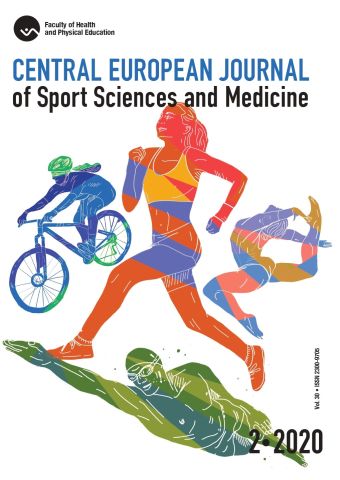
ISSN: 2300-9705
eISSN: 2353-2807
OAI
DOI: 10.18276/cej.2020.2-06




Issue archive /
Vol. 30, No. 2/2020
Effectiveness of Cardiopulmonary Resuscitation Depending on Lifeguard’s Level of Exhaustion
| Authors: |
Remigiusz
Olejniczak
University of Szczecin, Institute of Spatial Management and Socio-Economic Geography |
| Keywords: | cardiopulmonary resuscitation aquatic safety physical capacity |
| Data publikacji całości: | 2020 |
| Page range: | 14 (57-70) |
Abstract
Rescue operation consists of many connected parts, which are called rescue chain links. The quality of the whole operation depends on the accuracy of execution and compliance with each link. Undue hurry, sluggishness or excessive exhaustion of lifeguard, may decrease the quality of performed resuscitation procedures, which is an important element of the whole rescuing process. The presence of a qualified lifeguard or rescue team is essential to the rescuing process. Situations in which lifeguard is on duty as a single unit are permitted in Polish legal regulations. In such cases, up to the point of transferring the victim to emergency medical services, rescue operation lies in the hands of a single lifeguard. The aim of this report is a comparative analysis of the quality of two-minute CPR procedures performed on QCPR anatomical models (Resusci Little Anne), in case of a one-person rescue operation at the swimming pool. 22 students of Water Safety, University of Szczecin took part in the experiment. The results of the experiment showed that the exhaustion of the lifeguard didn’t have a substantial impact on the quality and effectiveness of the rescue procedures. The study was conducted in conditions isolated from fatigue and after a rescue operation performed in water.
Download file